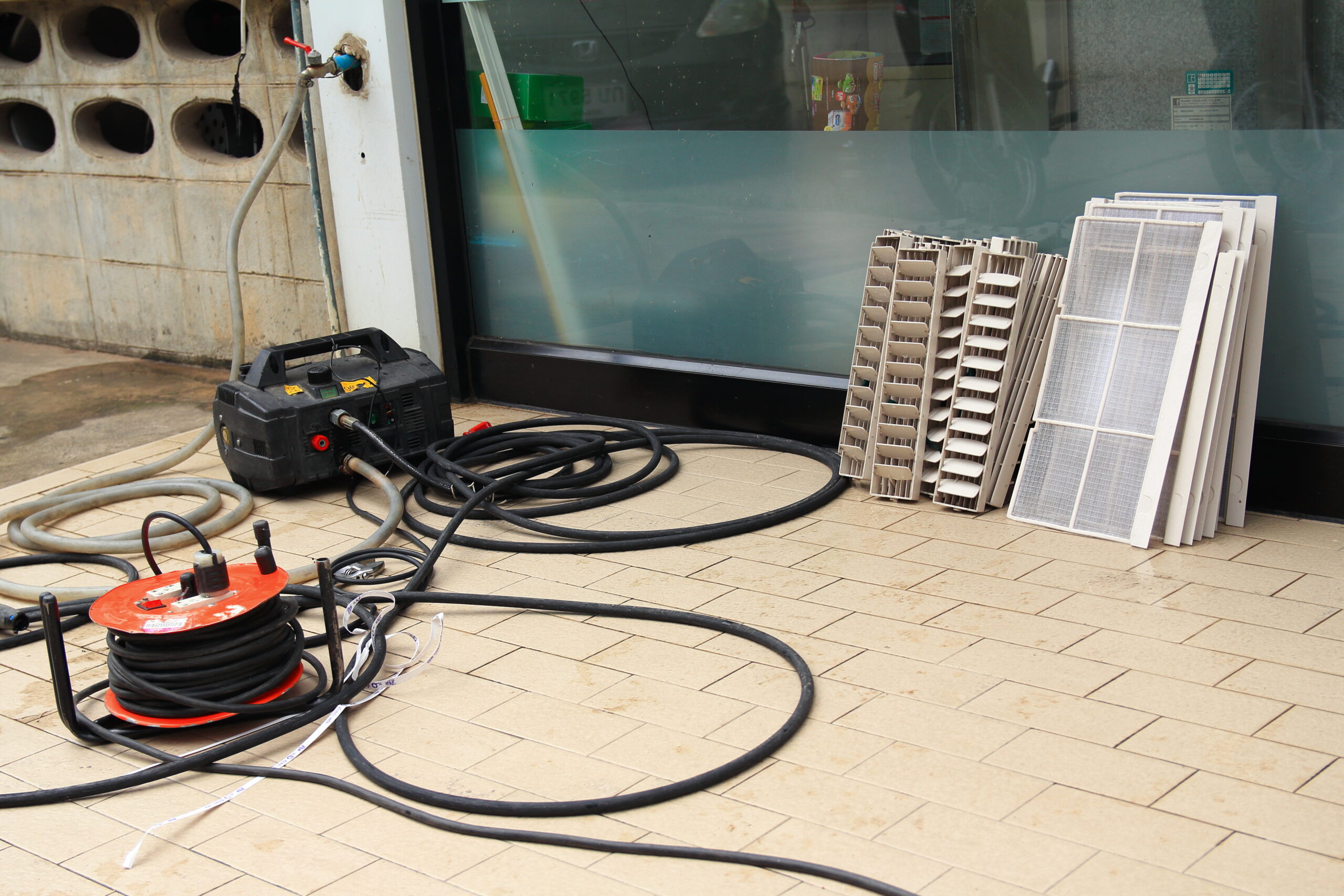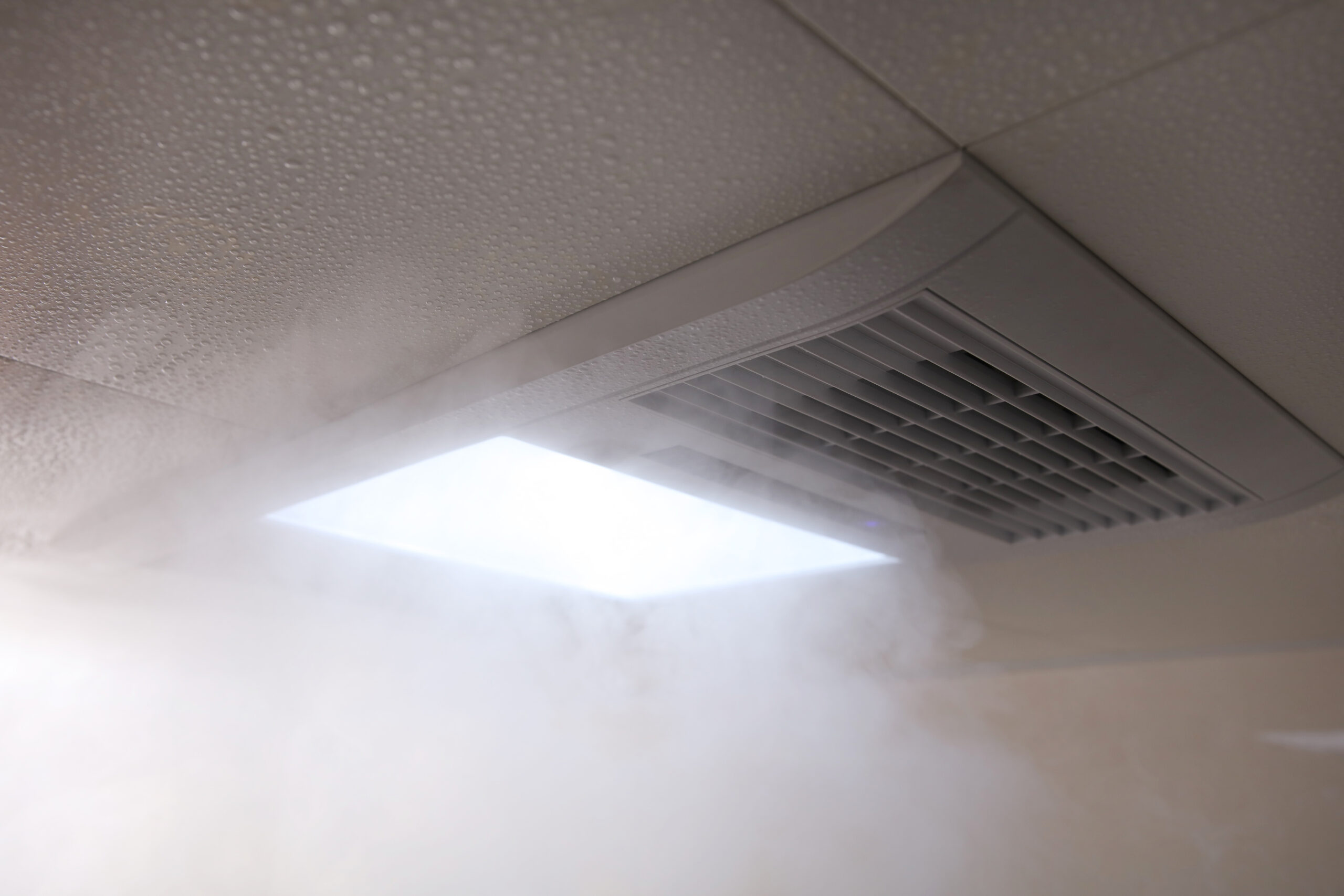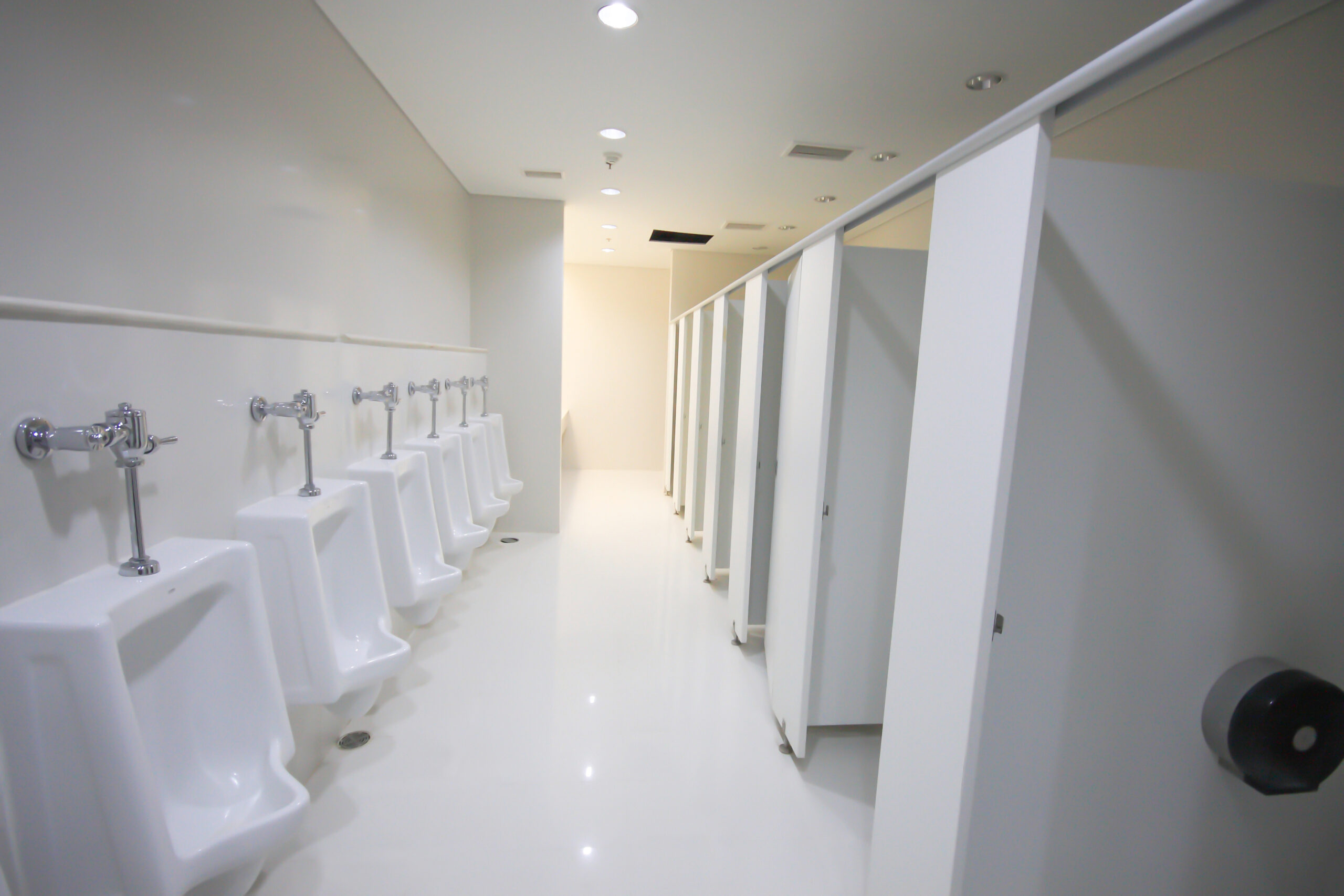Keeping your A/C vents clean is an important part of maintaining your HVAC system. Not only does it improve the overall air quality in your home, but it also helps your A/C run more efficiently, which can reduce system maintenance and repair costs over time.
We’re going to show you how to clean your A/C vents using a step-by-step guide, and we’ll also share some expert tips on the best way to get the job done. In the end, if you think it might be easier to just leave it to the professionals, we’ll point you to the best.
Why Cleaning Your A/C Vents is Important
Keeping your A/C vents clean is an important aspect of the overall maintenance of your HVAC equipment. It keeps the air quality optimal by filtering the air as it’s cooled and distributed, but it also helps the A/C run more efficiently overall. By not having to fight operation against low airflow, and additional dirt and debris, the system doesn’t have to work as hard to move that air throughout your home.
It’s not just that cleaning your A/C vents makes your system more efficient overall, it’s that it can help reduce not only higher energy bills but more frequent and costly repairs as well. When dirty, the system needs to work much harder, causing a far lower energy efficiency. Working harder also leads to increased wear and tear on various components, leading to an increased need for repairs and maintenance.
Cleaning your A/C vents helps keep your energy bills low, as well as your repair bills for your HVAC equipment. In many cases, all it takes is some time and basic tools to get your vents cleaner than they were yesterday.
Step-by-Step Guide: How to Clean Your A/C Vents
- First, you’ll need to turn off your HVAC system. Don’t just turn the thermostat off, either, flip the breaker for the units to ensure you’ll be safe.
- Now, grab your tools. To clean your A/C vents you’ll need a vacuum cleaner with a hose attachment, a soft-bristled brush, and a microfiber cloth.
- Remove the vent covers from the duct openings in your walls and ceilings. Take them someplace you can rinse, scrub them and rinse them off.
- Vacuum inside the vents as far back as you can reach. You won’t be able to get the entire vent like a professional service would, but you can improve.
Expert Tips: The Best Way to Clean Your A/C Vents
Schedule Regular Cleanings
To make sure your system stays in top shape, ensure that it sees a thorough cleaning approximately every 3 to 6 months.
Check For Mold
Cleaning your A/C system gives you a unique opportunity to inspect the system for mold. Use this opportunity to search for signs of mold, and if you find some, be sure to contact an experienced mold remediation company.
Replace Air Filters Regularly
One of the easiest things you can do as a homeowner is to change out your A/C air filters regularly. Some of the cheaper filters need to be replaced monthly, while some higher-quality filers may be good for 3 months or more.
Hire A Professional
Many people aren’t comfortable cleaning their vents, some don’t have the time or tools to do it right, and some simply don’t want to bother. Either way, you’ll always get the best results by hiring a professional to tackle the project for you.
Keep Your A/C Running Smoothly with Regular Vent Cleaning
There you have it, the best way to clean your A/C vents, as well as some other helpful tips to make the process easier and more effective. If you’ve been thinking about cleaning your vents, consider partnering with Emory Plumbing to have them professionally cleaned quicker and more thoroughly than your home vacuum could ever accomplish. Reach out today for more information.







